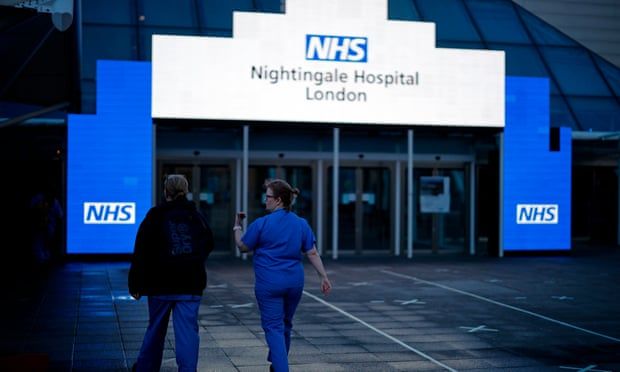It can feel like you are trapped when walking and
moving around hospitals. Finding one’s way around a visually-bland medical complex adds to an already stressful mental condition for patients and
visitors.
A possible solution has been proposed by a landscape architecture
researcher at West Virginia University: Allow nature to enter.
Shan Jiang’s research found that bringing nature into huge
hospitals can help to humanise the environment and reduce stress among
patients, visitors, and healthcare providers.
The findings of Jiang were
published in the journal ‘Health Environments Research and Design.’
Jiang, an associate professor at the University of
California, Davis College of Agriculture, Natural Resources and Design, used
immersive virtual environments – digitally created “worlds” in which
users are immersed – for a controlled experiment in which participants were
asked to complete various wayfinding tasks.
The hospital layout and room configurations were the same
for all participants. One party, on the other hand, found enormous windows and
vistas of nature within the corridor walls.
The control group, on the other
hand, saw solid walls with no natural light or vistas. The greenspace group
used less time and walked less distance to fulfil their navigation tasks.
Also read: Virat Kohli let out of bio-bubble for mental health break
“Window views of nature and small gardens may
effectively break down the boring interiors of massive hospital blocks and act
as landmarks to facilitate people’s wayfinding and enrich their spatial
experience,” Jiang added.
Participants’ mood states, particularly anger and
perplexity, were “substantially eased” in the greenspace group,
according to the study.
According to previous study, a patient or hospital visitor
must complete at least seven steps in the navigation process before arriving at
their final destination. Wayfinding concerns, according to the Centre for
Health Design, are an environmental stressor and a concerning matter in
healthcare design.
Also read: Research shows pregnant women faced more depression during COVID-19
Jiang said the study was driven by those issues, as well as
her own personal experiences (her family members have worked in healthcare) and
other people’s narratives of feeling lost in hospitals.







